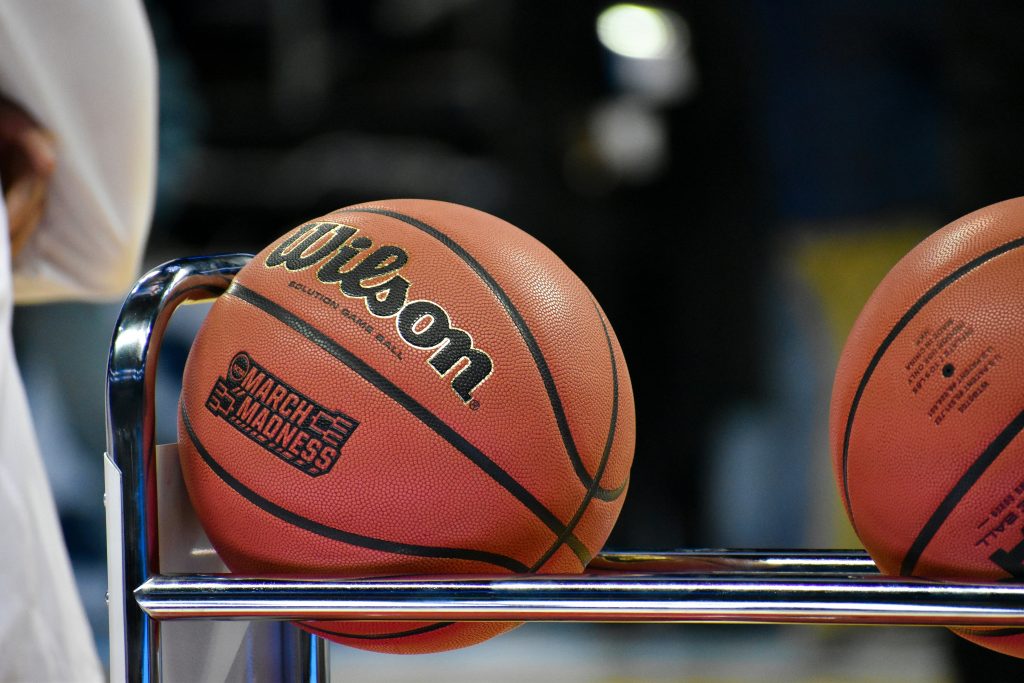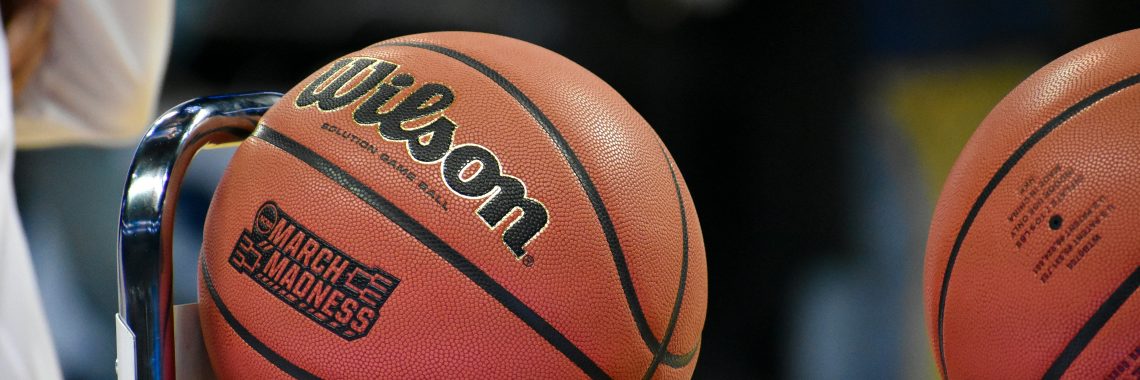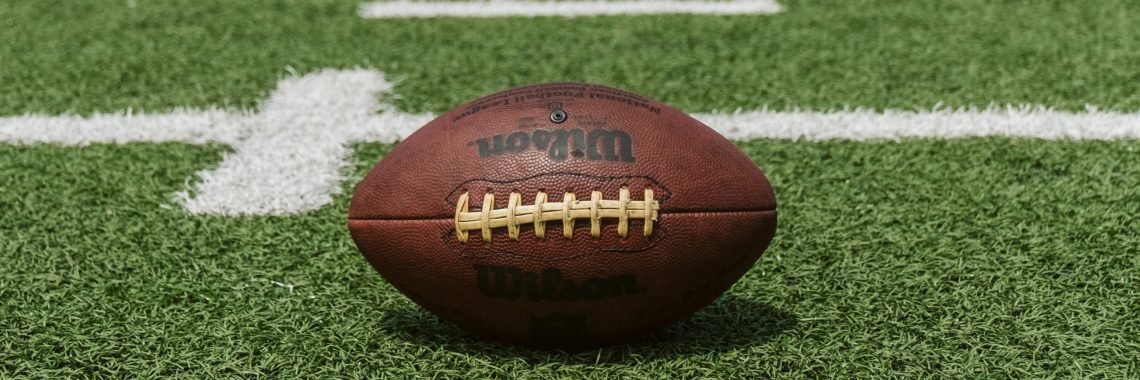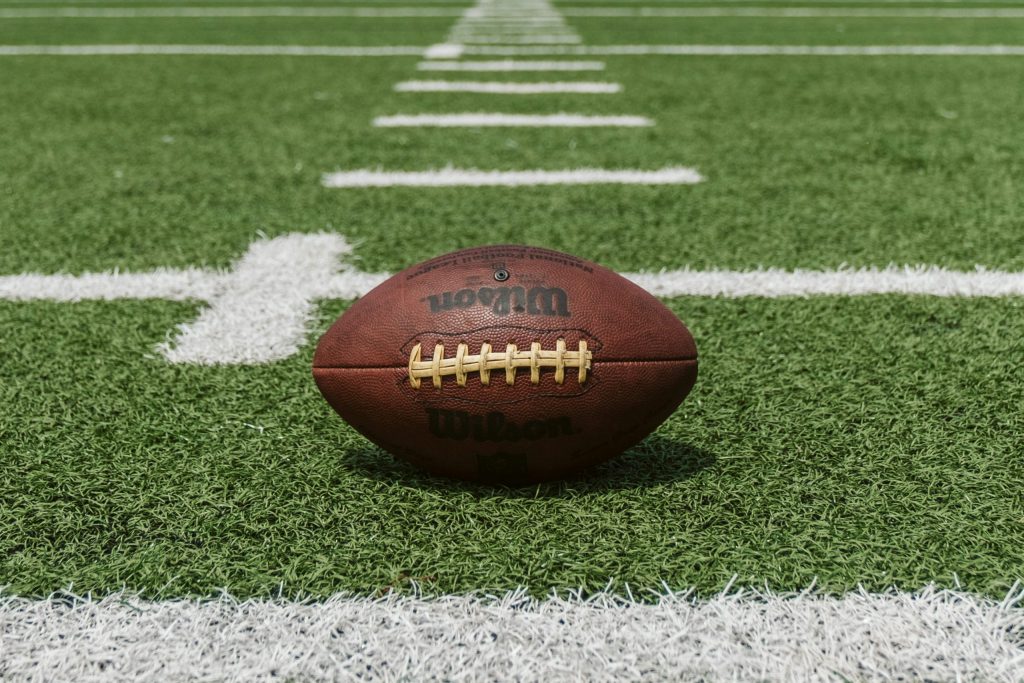Sports Betting Problems Continue to Plague the NCAA

Problems related to sports betting continue to plague the NCAA.
Last month the Division I Committee on Infractions announced three former Eastern Michigan men’s basketball student-athletes did not cooperate with an investigation into potential sports betting violations. The NCAA notes the players are no longer members of the school’s basketball program.
In a statement, the NCAA said the players refused to cooperate with investigators who were notified about suspicious bets placed during Eastern Michigan’s January 14 game. Failure to cooperate in an NCAA investigation violates NCAA rules. As a result, the NCAA says investigators could not determine whether sports betting violations occurred.
We have written repeatedly about how sports betting destroys public trust and corrupts athletic programs.
The NCAA has wrestled with gambling scandals since sports betting’s legalization. Major League Baseball, the NFL, the NBA, and other sports leagues have as well.
Sports betting is now legal in 39 states — including Arkansas — and it has been a disaster for individuals and families
Arkansans wager more than a million dollars a day, on average. Last year the Arkansas Problem Gambling Council announced it has seen a 22% increase in calls for help with problem gambling — driven largely by sports betting.
Studies indicate people who gamble on sports may be twice as likely to suffer from gambling problems.
Young men are particularly hurt by sports gambling. Twenty-year-old males account for approximately 40% of calls to gambling addiction hotlines, and upwards of 20 million men are in debt or have been in debt as a result of sports betting.
And research now shows that the legalization of sports betting may be linked to serious financial problems in America — such as credit card debt, overdrafts, late payments on loans, lower credit scores, and higher bankruptcy rates.
As powerful corporations try to make gambling part of everyday life, it’s important for Arkansas to protect citizens and families from predatory gambling. Otherwise, gambling addiction will simply continue hurting innocent people in our state.
Articles appearing on this website are written with the aid of Family Council’s researchers and writers.





